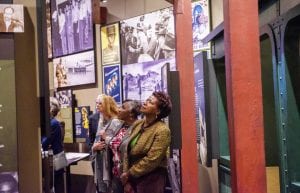
The Cavalry Is Us: Civil Rights and Cooperative Action
In our nation’s most vulnerable places, every vulnerable person and those more fortunate who care about their well being, are best served when we come together to help ourselves.
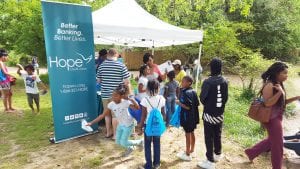
Persistently Poor Regions Would Welcome a Little Gentrification
It is often said that you get what you pay for. Clearly, too little is being paid to create positive change in America’s most vulnerable places.
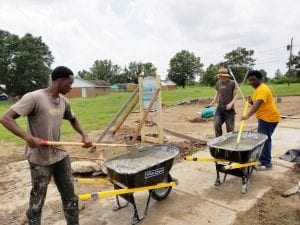
A Partner, Not an Expert
Over the course of three decades in the development finance industry, I have learned that engaging and empowering those who have the greatest stake in their communities is the best way to achieve meaningful and lasting change.
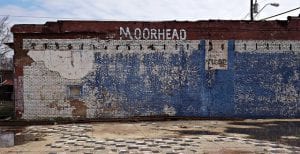
Entrenched Poverty, Juxtaposed Against Occasional Pockets of Progress
Recently, more than 150 people from across the nation rolled along the backroads of the iconic Mississippi Delta, peering through bus windows at scene after scene of entrenched poverty juxtaposed against occasional pockets of progress that had been achieved against seemingly insurmountable odds. While there were signs of advancement, they were set against the backdrop of conditions that disproportionately plague these places—substandard housing, underperforming schools, inadequate access to quality health care, and limited private and philanthropic investment.

Tax Credits Play A Critical Role in Economic Development
In his recent speech to Congress, President Trump included this pledge: “Every American child should be able to grow up in a safe community … and to have access to […]
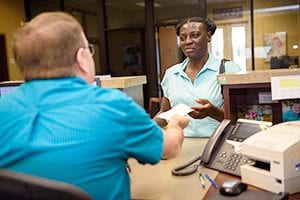
CFPB: Government for the People
Those of us who work in regulated industries, such as banking institutions and credit unions, often succumb to the temptation to see government regulators as adversaries and to view any […]

To Move or to Improve?
During a recent national housing conference, a senior HOPE colleague, along with an architect and the mayor of a small Delta town—having won a slot through a rigorous application process—presented […]
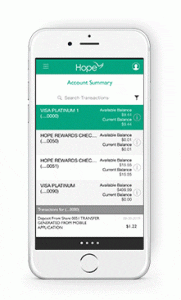
How Does Mobile Banking Affect the Unbanked?
The absence of bank branches and the proliferation of high-priced alternative lenders in the region only underscore the importance of access to affordable financial services.
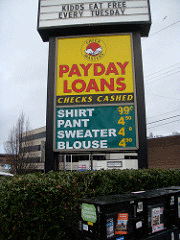
Fairness and The Financial System
Trying to bring fairness to financial transactions for everyday people has long been both an avocation and passion for me, anchored largely in my belief in the “Golden Rule,” that […]
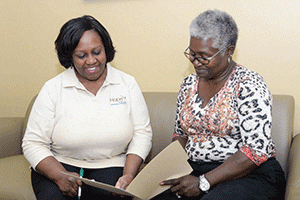
Putting the Impact in Impact Investing
Impact investing is a popular idea that promises to channel the power of market capitalism into serving the common good. Broadly defined, impact investing is a way for individuals, philanthropies, […]

Let’s Transform the Zip Codes
The counties and parishes in the Mid South characterized by persistent poverty have the highest unemployment rates, the lowest performing schools, and the worst health.
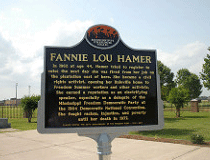
A Response to ‘A New Gospel of Wealth,’ Part Two
In my last blog post, I responded to Ford Foundation president Darren Walker’s essay in which he outlines a new direction for the foundation and considers an important question about […]
